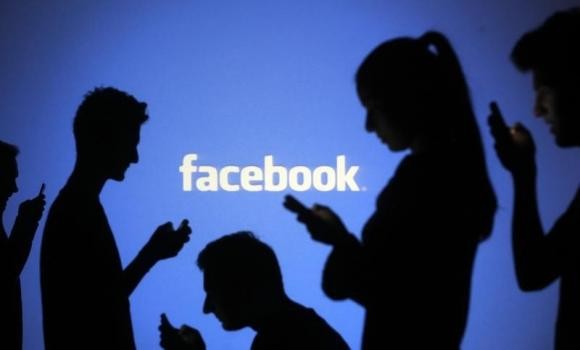Some days are worth remembering--again. Facebook has introduced the new feature "On This Day," which includes cherished news feed posts, and excludes embarrassing ones. The social media giant has been testing the program for two years, and has created debate about whether it is a Timehop clone.
On This Day will include photos, content, and status updates that people were tagged in. Facebook will roll out the feature worldwide within a week or so, but for now it is introducing On This Day to select users.
When certain users logged in to Web or mobile accounts Wednesday, they received a notification to view the page On This Day. They could then view old memories of events such as parties, weddings, and graduations during the past years.
Buzz in the tech world is that the appearance and function of On This Day are very similar to Timehop, an app that works across several social media accounts, according to Tech Crunch.
In terms of potentially uncomfortable tags or posts, the program's default setting is private, and users can delete past updates on its main page. Afterwards, they can share posts on their regular Facebook feed.
The explanation for preventing such potentially embarrassing moments seems to stem from Facebook's 2012 release of Year in Review. The feature summarized timeline posts of 365-day intervals.
People who had experienced romantic breakups or the passing away of loved ones complained that Year in Review caused them to revisit painful memories, according to Christian Science Monitor.
Facebook will avoid making the same mistake with On This Day. It uses an algorithm that tries to bypass content of people who left us via breakups or dying.
Some netizens have been critical of this phenomenon, arguing that social media should not automatically remove such content. The TV show Portlandia has referred to it as "cropping out" the sad events of our lives.
As paper-based photo albums become a thing of the past, the issue becomes more complex. If we just share the good times with virtual friends, are we truly connecting with them?



























